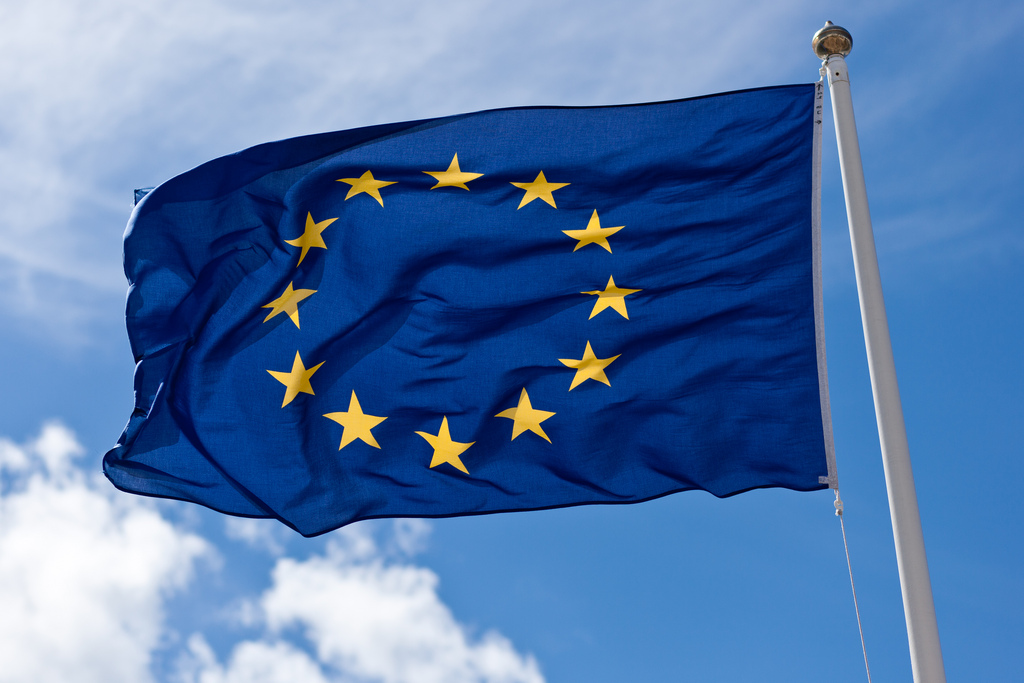What is Brexit?
Brexit is a word that has become used as a shorthand way of saying the UK leaving the EU – merging the words Britain and exit to get Brexit. It is the prospective withdrawal of the United Kingdom from the European Union. In a referendum on 23 June 2016, 51.9% of the participating UK electorate voted to leave the European Union. The European Union is a political and economic union of 28 member states that are located primarily in Europe. The United Kingdom was one the major contributors in the European Union.
Cause of Brexit
Brexit campaigners used worries about immigration to create a populist backlash against Europe’s political elite, overcoming concerns about the fallout from European Union on trade and the broader economy. They argued that the EU is morphing into a sclerotic super-state that is increasingly impinging on the national sovereignty.
European Union After Brexit
British and European Union negotiators will spend all next week in talks on Brexit, culminating in their first formal discussion of what their future relationship will look like after Britain has left the EU. On 29 March 2017, the UK government invoked Article 50 of the Treaty on the European Union. The UK is thus due to leave the EU on 29 March 2019. After interim accords in December on key parts of the seperation terms, EU leaders agreed to launch talks on the transition and the future relationship.
Though not legally binding unless and until it forms part of an overall withdrawal treaty, leaders hope a transition deal can calm nerves among investors. Negotiating teams will hold the first technical talks in Brussels from Tuesday to Thursday on what a transition may look like, notably which courts might enforce the treaty and further discussions on avoiding a disruptive “hard” border with Ireland.
The departure of the UK is expected to have a major effect on the EU. In many policy votes Britain had allied with the relatively more economically liberal Germany who together with other northern EU allies had a blocking minority of 35% in the Council of the European Union. The exit of the UK from the European Union means that this blocking minority can no longer be assembled leading to speculation that it could enable the other EU countries to enforce specific proposals such as relaxing EU budget discipline or providing EU-wide deposit guarantees within the banking union.

